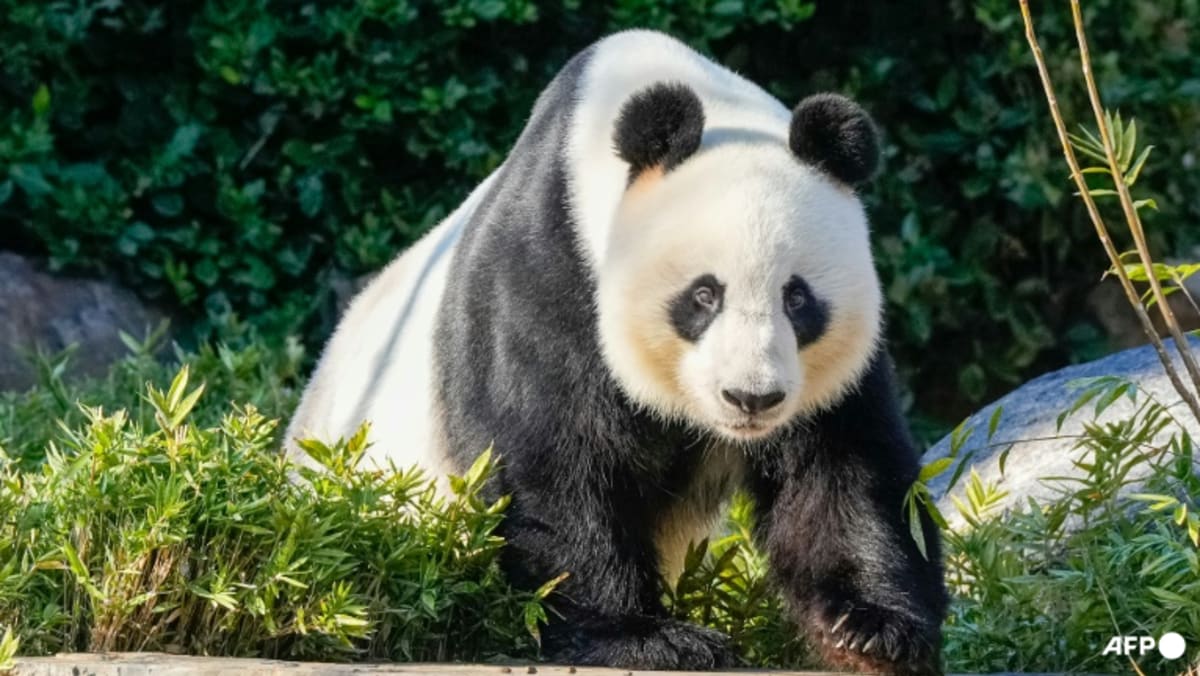SYDNEY: China will loan Australia new “adorable” giant pandas to replace a popular pair that failed to produce offspring in more than a decade together, visiting Premier Li Qiang announced on Sunday (Jun 16).
Adelaide Zoo has been home to Wang Wang and Fu Ni since 2009 when they were loaned by China as part of a global preservation scheme that also serves as a tool of “panda diplomacy”.
Breeding panda cubs is a notoriously difficult task for the low-sexed creatures, and hopes of a pregnancy in Adelaide, including through the use of artificial insemination, have been repeatedly dashed.
As one of the furry giants played with a strip of tree in the background, Li delivered the news that they will be going home.
“Wang Wang and Fu Ni have been away from home for 15 years – I guess they must have missed their home a lot – so they will return to China before the end of the year,” the premier said.
“But what I can tell you is that we will provide a new pair of equally beautiful, lovely and adorable pandas as soon as possible.”
China would provide Australia with candidates to choose from, said Li, who landed in Adelaide on Saturday on a four-day fence-mending trip after Beijing withdrew a string of trade sanctions on major Australian exports.
The announcement is a nod to Foreign Minister Penny Wong’s efforts to stabilise Australia’s relationship with China, following a diplomatic rift with the former conservative government.
Li said he remembered the Australian foreign minister had twice reminded him during a visit to Beijing last November that the panda loan agreement would expire later this year.
“We have made this announcement to fulfil the wishes of the minister,” he said.
Adelaide is Wong’s hometown, and she said her own children would be “very happy” at the news.
“It’s good for the economy, it’s good for South Australian jobs, it’s good for tourism and it’s a symbol of goodwill, and we thank you,” she said.
There are an estimated 1,860 giant pandas left in the wild, according to environmental group WWF.
But the animals, which were removed from the International Union for Conservation of Nature’s endangered species list in 2016, still face serious threats from loss of habitat and fragmentation.







